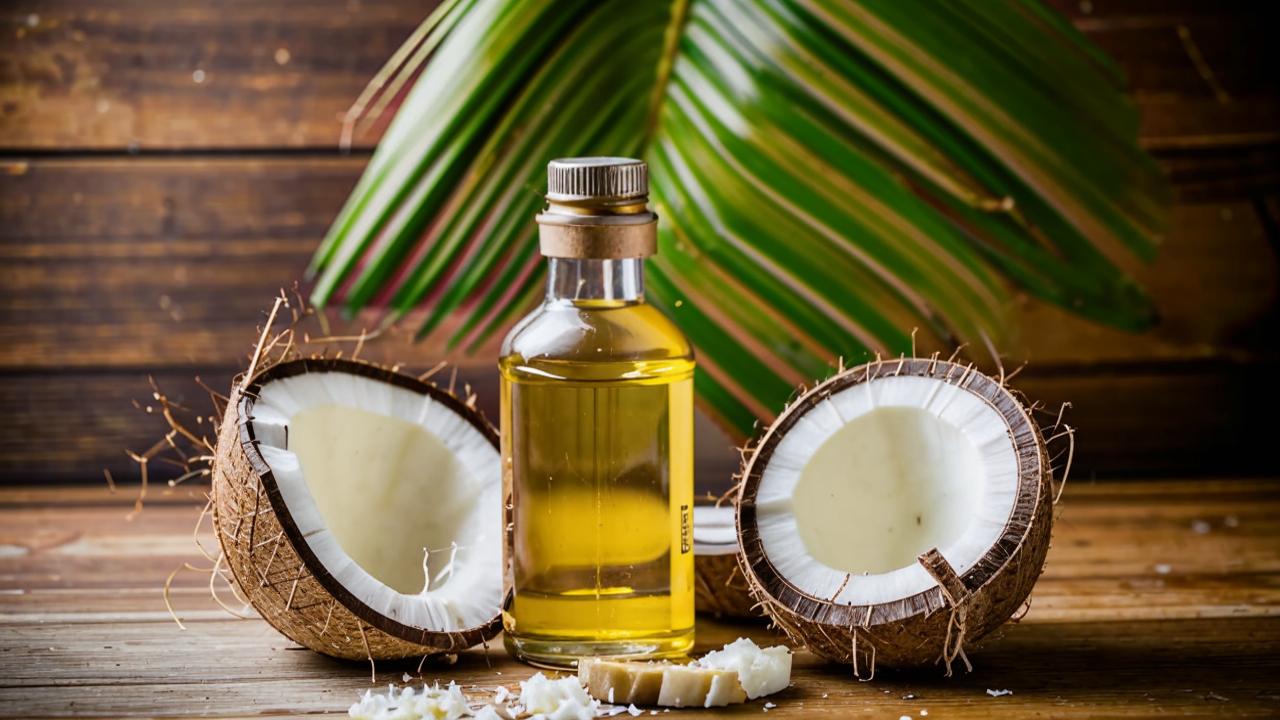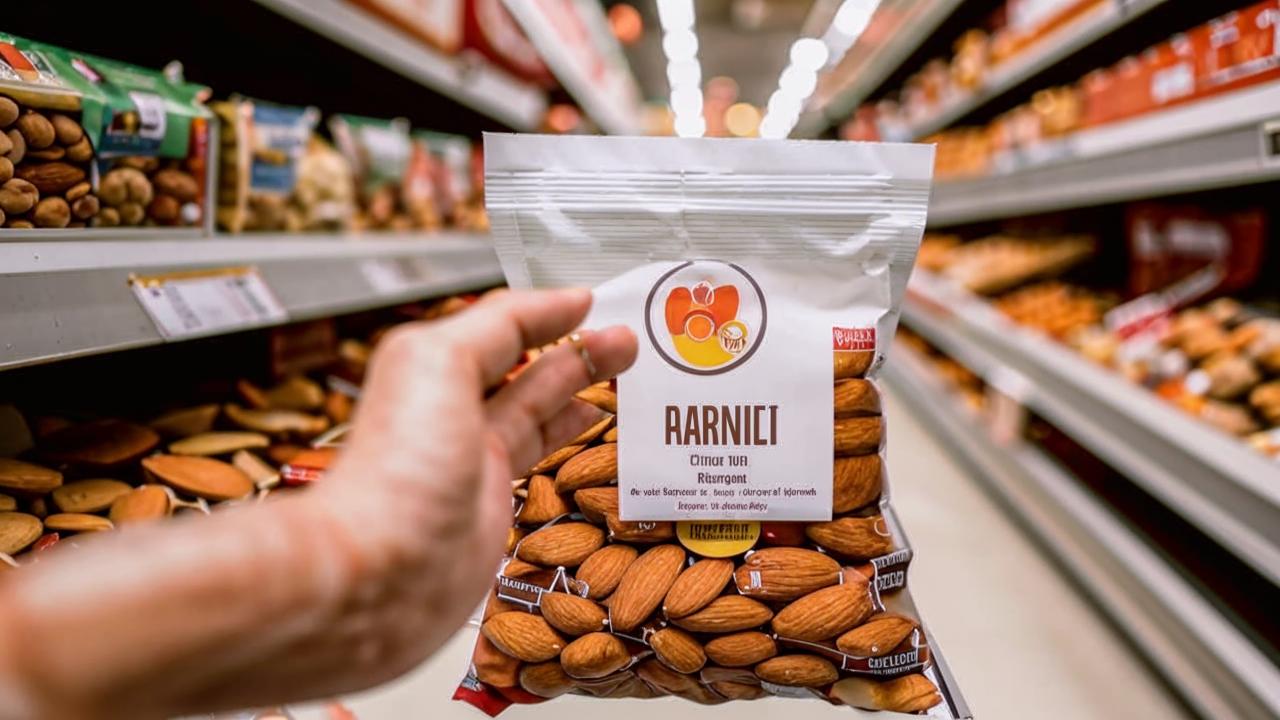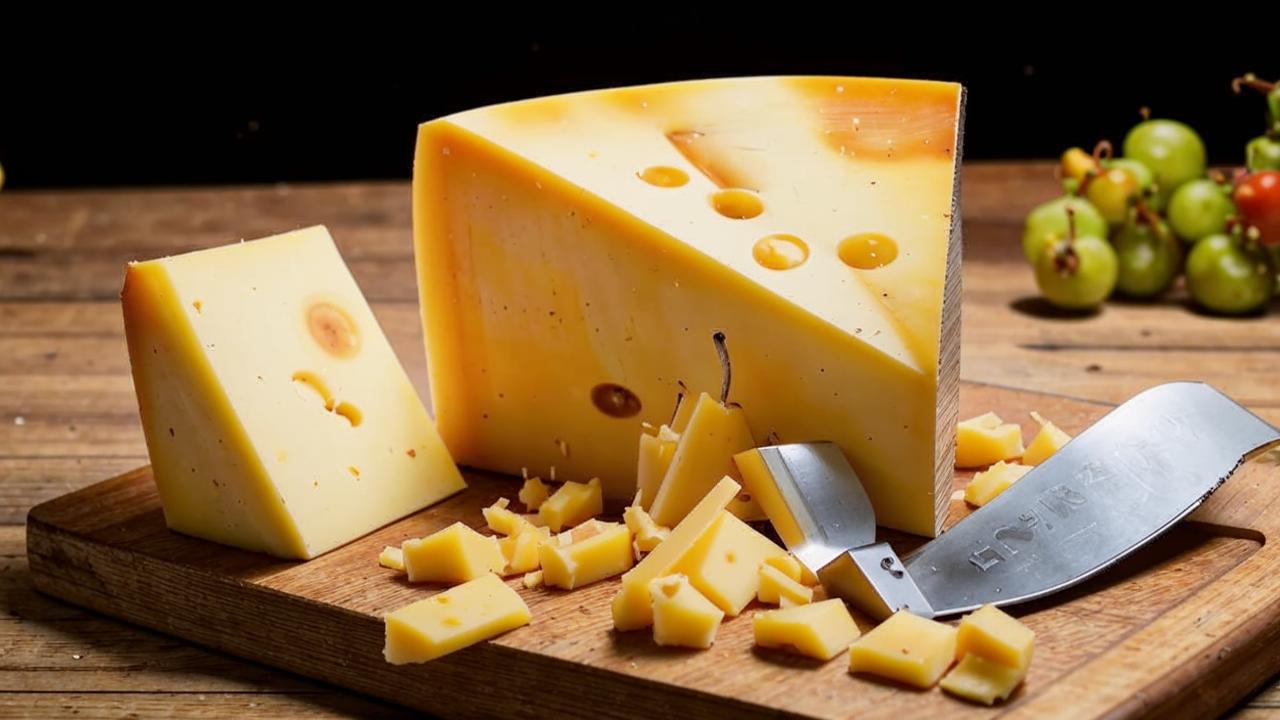Our bodies store and burn the calories found in food as fuel. And healthy food provides not only energy, but also important substances for building bones and muscles. However, you need to remember that calories are not such an objective indicator of healthiness. So, for example, among the “heavy” products can be both harmful and those that are necessary for a balanced diet.
We tell you about the ten most caloric components of our diet and explain what is the difference between them.
Coconut oil
Energy value: 884 kcal per 100 grams.
In the case of coconut oil, you should not worry about the high amount of fats. Recently, this product has been called a superfood. The unique combination of fatty acids has a positive effect on health – on the work of the brain, heart and, however paradoxical it may sound, contributes to weight loss. How? The fatty acids found in coconut oil stimulate fat-burning processes and provide rapid energy production. They also increase HDL (high-density lipoprotein or, simply put, “good cholesterol”) levels, which helps reduce the risk of cardiovascular disease.

Lard
Energy value: 797 kcal.
This product contains fatty acids, mineral compounds and vitamins that strengthen immunity and prevent infections. However, it is better to limit the use of smoked lard, since smoking produces carcinogenic substances.
Macadamia nut
Energy value: 718 kcal.
Like most other nuts, macadamia is rich in nutrients, healthy plant compounds, fats, vitamins and minerals. Improved digestion, a healthy heart, weight and blood sugar control are the effects this delicious nut has on the body. Macadamia nuts are low in carbohydrates and sugar and contain moderate amounts of fiber. The nuts are also an excellent source of antioxidants. They neutralize free radicals that can cause cell damage and increase the risk of diabetes, Alzheimer’s and heart disease.

Butter
Energy value: 717 kcal.
Despite the fact that butter made it to our list, it is still inferior to all vegetable oils in terms of calories. It has a lot of vitamins of different groups: A, B, C, D, E and K, as well as omega-3 and omega-6 fatty acids. Moreover, some of these vitamins are better assimilated together with fats. Therefore, if you eat oil in moderate amounts – 10-30 g per day, you can get the most out of it: improve heart and vascular health, digestion, mood, CNS and brain function. In addition, the product is an excellent source of energy and reduces the likelihood of fungal infections. But remember: frying on it is not recommended!
Mayonnaise
Energy value: 680 kcal.
Unfortunately, it can not boast useful properties. In addition to egg yolks, vegetable oil, salt and lemon juice, mayonnaise usually adds sugar, a large number of additives and flavor enhancers. The combination of cheap vegetable oils (read: trans fats) and sugar is the shortest way to gain unwanted pounds. Because mayonnaise enhances the flavor of dishes, a person has no control over the amount of sauce eaten.
Unfortunately, excess weight is not the only side effect of mayonnaise consumption. Stabilizers and emulsifiers, which are also included in the composition of the sauce, adversely affect the intestinal microflora.
Dark chocolate 70-80%
Energy value: 604 kcal.
You will be pleasantly surprised to learn that dark chocolate is rich in nutrients that can have a positive effect on health. Made from cocoa beans, it is one of the richest sources of antioxidants. Studies show that it is dark chocolate that can improve health and reduce the risk of heart disease. A quality product with a high cocoa content is highly nutritious and high in soluble fiber and minerals, including magnesium and iron. However, only chocolate that does not contain refined sugar has beneficial properties. The best alternative to it is coconut sugar.

Cod liver
Energy value: 574 kcal.
Despite the fact that cod liver is quite caloric, it has anti-inflammatory properties due to its high content of Omega-3 fatty acids. They reduce the risk of heart disease, lower cholesterol, neutralize inflammatory processes in the intestines, prevent the development of arthritis and cancer. We should not forget that fatty acids are also vital for normal brain function. Also, cod liver is easily digested and perfectly assimilated by the body.
Bacon
Energy value: 541 kcal.
Bacon is generally high in sodium and saturated fat. High sodium levels are a risk factor for high blood pressure. Therefore, when eating such a product as bacon, it is worthwhile to know the measure and not to overeat.
Parmesan cheese
Energy value: 420 kcal.
Cheese is a source of calcium, fat, protein, vitamins A and B-12, as well as zinc, phosphorus and riboflavin. But this product contains milk sugar – lactose, which is difficult to digest for people with individual intolerance. And that’s 70% of the world’s population!
Parmesan is the most caloric type of cheese. Like the others, it is saturated with sodium. Parmesan does not contain fiber, and excessive consumption of pasteurized dairy products can cause allergic reactions. Therefore, you should give preference to “old” cheeses made from unpasteurized milk.

Avocado
Energy value: 160 kcal.
Avocado is an extremely nutritious fruit (yes, yes, avocado is a fruit!) and contains about 20 different vitamins and minerals. It consists of proteins, healthy fats, fiber and is one of the low-carbohydrate plant foods.
Not all the products on our list are harmful. After all, the main criterion of usefulness is not calories, but the amount of nutrients. The most obvious example is a bowl of chips and a handful of nuts with the same energy value. It is not the scary number on the package that you should be afraid of, but products with a low content of essential micronutrients, and avoid so-called “empty” calories.





